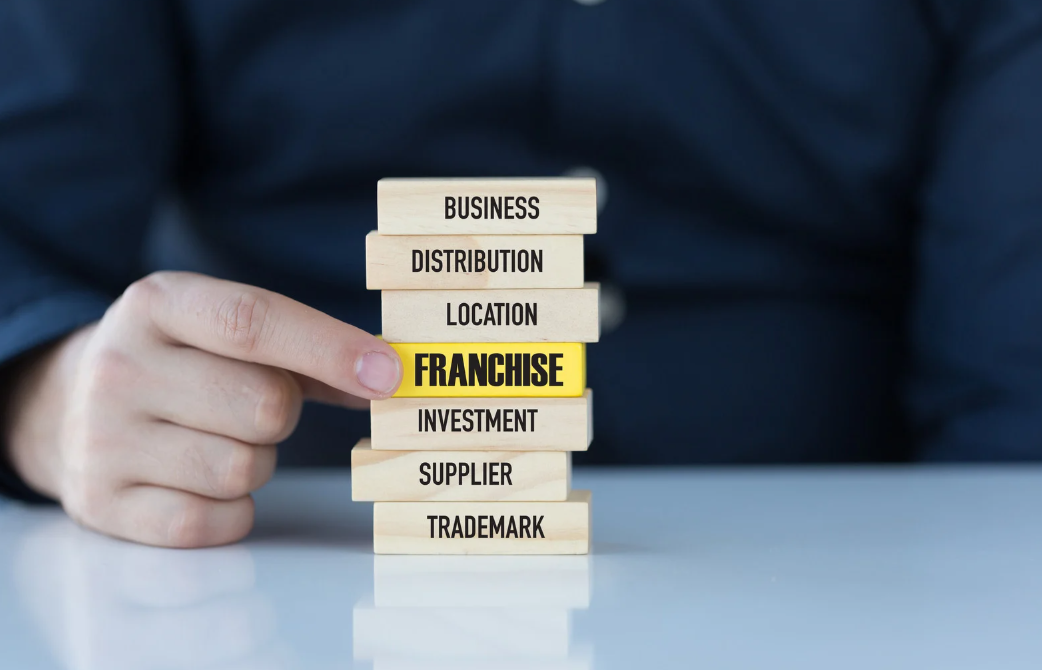Franchising can be a powerful growth strategy, offering entrepreneurs the opportunity to expand their brand with minimal capital investment. However, not every business is suitable for franchising. Before you start drafting franchise agreements or scouting for potential franchisees, it’s crucial to evaluate whether your business model has the traits necessary to succeed as a franchise.
Proven and Profitable Business Model
One of the most important indicators of a franchisable business is a solid, repeatable business model that has demonstrated profitability over time. Prospective franchisees want to invest in a business that has a track record of success. If your business has shown consistent growth, generates healthy profit margins, and operates efficiently, it may be ready for franchising.
Easily Replicable Operations
Your business should be able to run smoothly in multiple locations with different owners. This means systems, processes, and training must be standardized and easy to replicate. Whether it’s food preparation, customer service protocols, or inventory management, clear operational procedures are essential to ensure consistency across franchise units.
Strong Brand Identity
Franchise success heavily depends on brand recognition and trust. If your business has a strong, recognizable brand with a loyal customer base, it has a head start in the franchise world. A compelling brand story, a distinct visual identity, and a clear value proposition all contribute to franchise appeal.
Demand Beyond Your Local Area
Ask yourself: is there demand for your product or service in other markets? Franchising works best when the business offers something that people want, not just in one location, but in many. Conduct market research to identify whether your concept has potential in other regions, and whether there’s a broad enough audience to support new franchises.
Trainability and Support Systems
Franchising requires the ability to train others to run the business as well as (or better than) you do. A franchisable business needs a robust training program and ongoing support infrastructure. If you can teach someone with no prior experience to replicate your success, you’re on the right track.
Legal and Financial Readiness
Franchising involves a significant amount of legal groundwork, including drafting a Franchise Disclosure Document (FDD), developing franchise agreements, and ensuring compliance with regulations. You’ll also need to invest in marketing, support, and initial onboarding for new franchisees. Make sure your business is financially stable and you’re ready for the legal and administrative responsibilities.
Final Thoughts
Franchising can open the door to rapid growth, but it’s not a one-size-fits-all solution. Take a hard, honest look at your business. Is it ready to be packaged and taught to others? Are you prepared to support and lead a network of franchisees? If the answer is yes, you might be looking at the next big franchise success story. If not, keep building—and revisit the idea when your business is truly ready.
Article Written By Joel Bissitt
Joel has been an entrepreneur since the age of 19, now 33 years on he has experience of many different industries including retail, catering, health & fitness, technology and sport. Joel is our MD, the CEO of the Quality Franchise Association & has been a Franchisor twice himself. He is also founder of Franchise UK, the UK’s largest online franchise directory established in 2004 and owns other franchising publications including Franchiseek, an international franchise directory. Through these roles Joel has helped hundreds of franchise brands grow over the last 20+ years.









